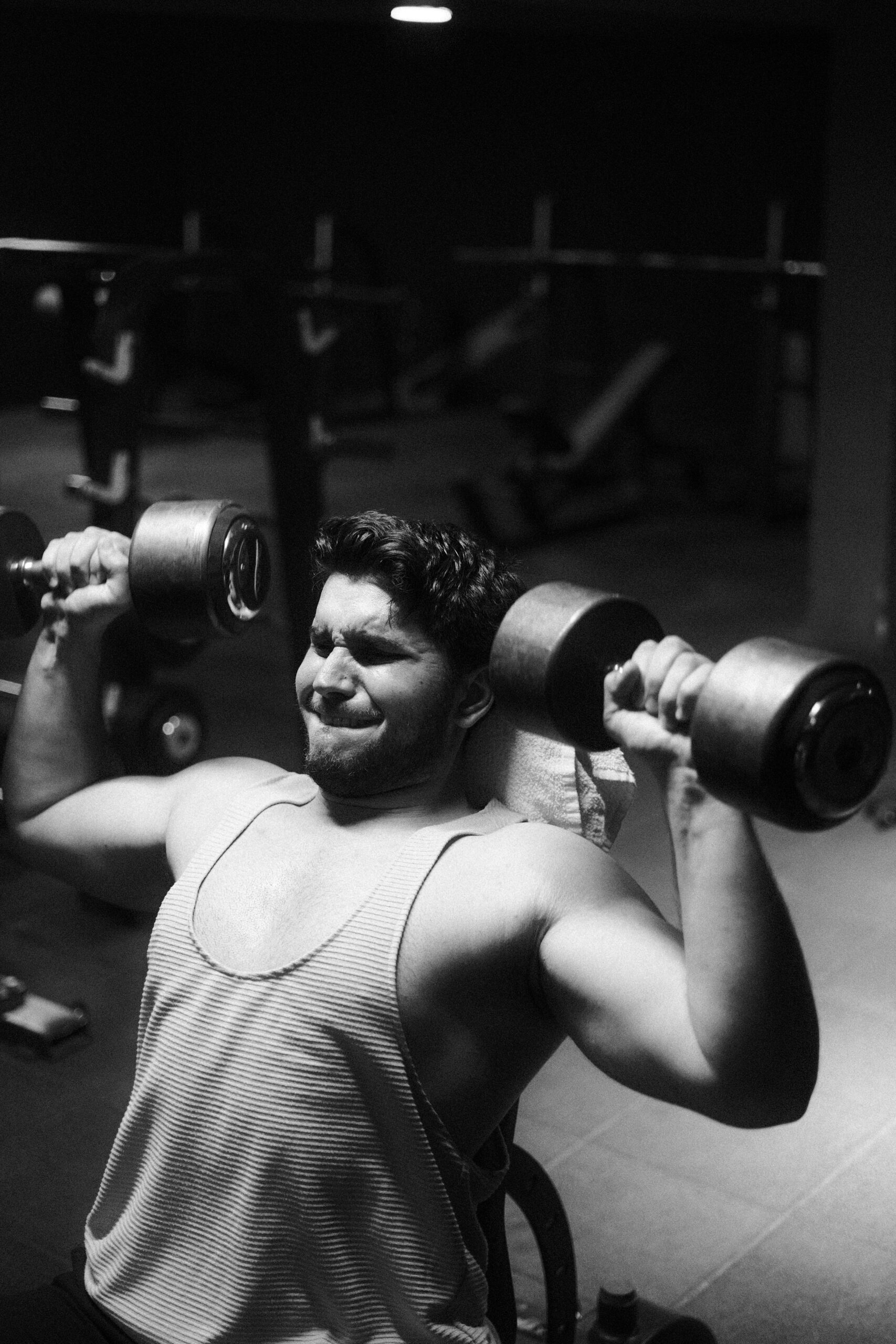So, have you ever wondered if there are any alternative methods for healing or improving your health? Well, let me introduce you to one that might raise some eyebrows – Urine Therapy, also known as Uropathy. Now, before you wrinkle your nose in disbelief, hear me out. This unconventional practice involves using one’s urine to treat various ailments and promote overall well-being. While it may sound a bit bizarre, countless individuals swear by the benefits of this ancient remedy. So, let’s take a closer look at what urine therapy is all about and whether it’s worth a second thought.
Urine Therapy (Uropathy)
Definition of Urine Therapy
Urine therapy, also known as uropathy, is the practice of using one’s own urine for therapeutic purposes. It has been utilized in various cultures throughout history, and its proponents claim numerous health benefits associated with this unconventional approach.
Historical Background
Urine therapy has a long history that dates back thousands of years. It has been mentioned in ancient Indian Ayurvedic texts, known as the Shivambu Kalpa Vidhi, which describe the various uses of urine for medicinal purposes. Chinese medicine also includes references to urine therapy in its texts, such as the Shen Nong Ben Cao Jing.
In more recent history, urine therapy gained attention in the West during the 20th century. In 1944, British naturopath John W. Armstrong published a book called “The Water of Life,” which advocated for the benefits of urine therapy. Since then, urine therapy has continued to generate interest and debate in health and alternative medicine circles.
Components of Urine
Urine is composed of various substances, including water, urea, electrolytes, hormones, and metabolites. It is considered a waste product of the body’s metabolic processes, and its composition can vary depending on factors such as diet, hydration levels, and overall health.

Benefits of Urine Therapy
Proponents of urine therapy claim a wide range of benefits associated with its use. While these claims are largely anecdotal and not supported by scientific evidence, some individuals believe that urine therapy can offer the following advantages:
Detoxification Potential
One of the key beliefs behind urine therapy is its potential to detoxify the body. Advocates claim that drinking or applying urine topically can help eliminate toxins, waste products, and even pathogens from the body. However, scientific studies have yet to provide substantial evidence to support these claims.
Nutritional Value
Urine contains various essential nutrients and hormones, such as vitamin C, amino acids, and minerals. Some proponents of urine therapy argue that consuming urine can provide these nutrients to the body, promoting overall health and well-being. However, it is important to note that the concentration of these substances in urine is typically low, and obtaining them from a well-balanced diet is generally more effective.

Antibacterial and Antiviral Properties
Urine does possess antibacterial and antiviral properties to some extent. It contains substances like urea and antibodies that can help combat certain infections. However, further research is needed to determine the effectiveness of urine as a standalone treatment for bacterial or viral infections.
Skin Care Benefits
Urine therapy enthusiasts also believe that applying urine topically can improve the condition of the skin. They claim that urine’s antibacterial properties can help treat acne, eczema, and other skin conditions, while its nutrient content can nourish and moisturize the skin. However, there is limited scientific evidence to support these assertions, and caution should always be exercised when applying urine to the skin.
Digestive Health
Some proponents of urine therapy suggest that consuming urine can aid in digestion and relieve various gastrointestinal issues. They argue that urine contains digestive enzymes and beneficial bacteria that can support a healthy gut. However, there is a lack of scientific evidence to back up these claims, and other proven methods exist for maintaining digestive health.

Strengthening the Immune System
Advocates of urine therapy claim that it can boost the immune system due to its supposed antiviral and antibacterial properties. However, the immune system is a complex network of cells and processes, and urine therapy has not been scientifically proven to enhance its functionality.
Potential Risks and Precautions
While urine therapy may have its proponents, it is important to consider potential risks and exercise caution. Drinking or applying urine can lead to adverse effects such as allergic reactions, skin irritation, and infections. It is crucial to consult with a healthcare professional before considering urine therapy, especially for individuals with pre-existing medical conditions.
Urine Therapy Techniques
Urine therapy involves various techniques for both internal and external application.
Internal Application of Urine
Internal application primarily involves drinking urine, either fresh or after being aged for a certain period. Some proponents recommend taking small amounts of urine orally, while others suggest diluting it with water. It is crucial to note that consuming urine may be unappealing and unpalatable for many individuals.
External Application of Urine
External application involves using urine topically on the skin, often in the form of compresses or gentle washing. Proponents may recommend applying urine on affected areas to address specific skin conditions or to promote general skin health. However, caution should be exercised when using urine externally, as it may cause skin irritation or allergic reactions in some individuals.
Urine Therapy for Specific Conditions
Urine therapy enthusiasts assert that it can be used to address a variety of health conditions, including but not limited to diabetes, cancer, arthritis, and allergies. However, it is important to recognize that these claims are largely unsupported by scientific evidence, and traditional medical treatments should always be prioritized for serious and chronic conditions.
Urine Therapy in Traditional Medicine
Urine therapy has been practiced in various traditional medicine systems worldwide, including Ayurveda, Chinese medicine, and certain Native American healing practices. While these ancient systems have incorporated urine therapy, it is essential to understand that traditional practices do not always align with modern scientific understanding. Any claims made within the realm of traditional medicine should be viewed with caution and explored further with scientific research.
Scientific Studies and Evidence
The scientific community has not extensively researched urine therapy, and there is a lack of rigorous scientific evidence to support its purported benefits. The anecdotal nature of the support for urine therapy makes it difficult to draw definitive conclusions. Before considering urine therapy, it is advisable to consult reliable, evidence-based sources and healthcare professionals.
Criticism and Controversies
Urine therapy is a controversial practice that faces criticism from the medical community and mainstream society. Critics argue that urine therapy lacks scientific evidence, contains potential health risks, and promotes pseudoscience. Skepticism and caution are warranted when considering such unconventional therapies, and it is essential to prioritize evidence-based treatments for health and well-being.
Conclusion
Urine therapy, or uropathy, is an alternative approach to health and wellness that has been practiced for centuries. While some individuals believe in the potential benefits of urine therapy, it is important to approach it with caution and skepticism. The lack of scientific evidence, potential risks, and controversy surrounding urine therapy should prompt individuals to prioritize evidence-based treatments and consult healthcare professionals for their specific health concerns. Ultimately, the decision to explore urine therapy should be made with balanced judgment and a thorough understanding of both its proponents and critics.
